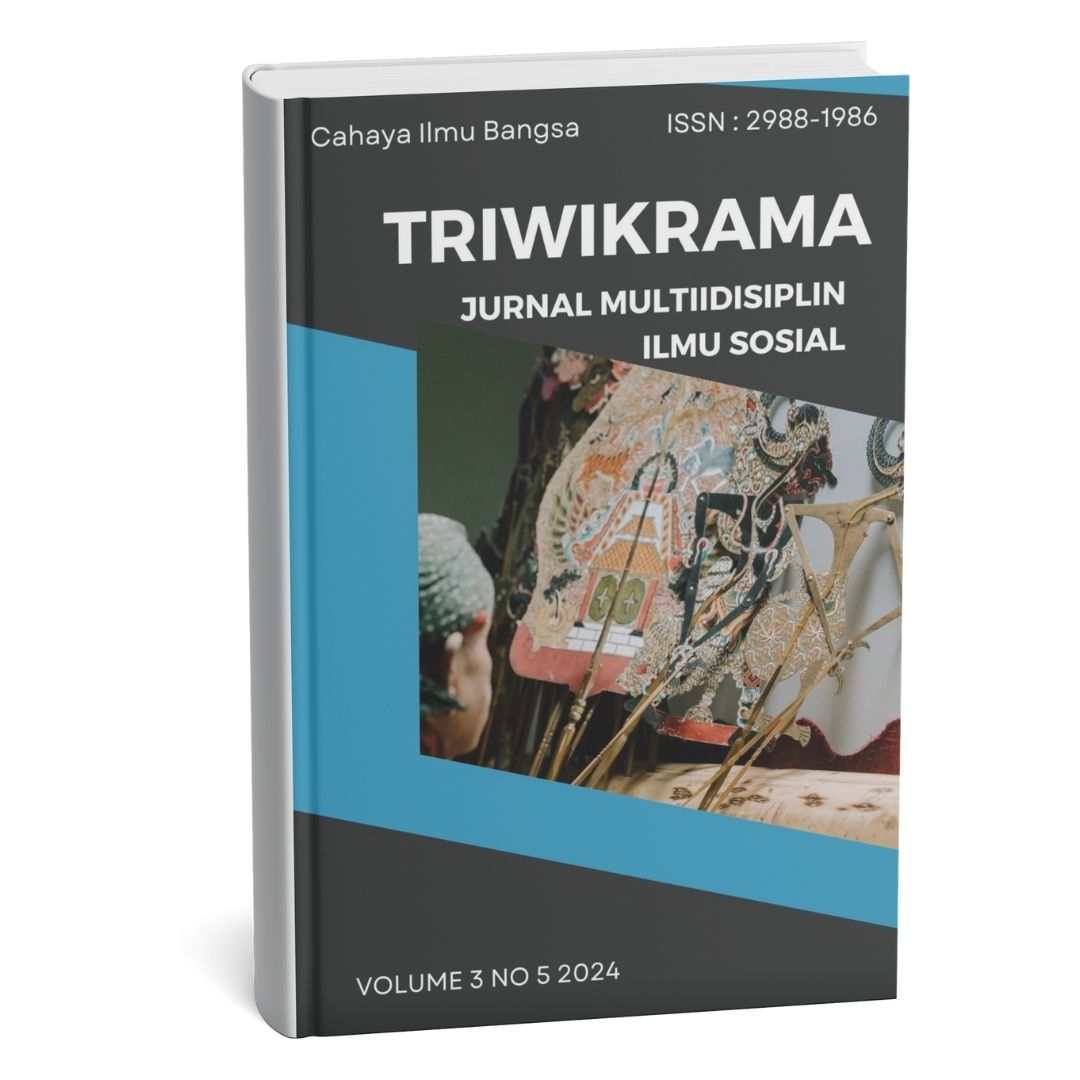KEPEMIMPINAN DAN MORALITAS DALAM KONTEKS BUDAYA: PERBANDINGAN ANTARA'THE PURCHASE OF SLAVES' KARYA KAI KAUS DAN 'ADVICE TO GOVERNORS' OLEH NIZAM AL-MULK
DOI:
https://doi.org/10.9963/jvdwvn21Keywords:
Leadership, Morality, Kai Kaus, Nizam Al-Mulk, Kepemimpinan, Moralitas, Kai KausAbstract
This article discusses the comparative thinking on leadership and morality in two classic works from the 11th century Islamic civilization, namely The Purchase of Slaves by Kai Kaus and Advice to Governors by Nizam Al-Mulk. The purpose of this paper is to see how the two figures interpret the role of a leader and the moral values that must be possessed, based on their respective cultural and social backgrounds. This study uses a qualitative method with a library research approach. The results of the analysis show that Kai Kaus emphasizes leadership in the personal and aristocratic sphere with a humanist social ethics approach, while Nizam Al-Mulk emphasizes the importance of justice and divine responsibility in a formal government system. This comparison shows that despite their different approaches, both place morality as an important element in ideal leadership.
Keywords: Leadership, Morality, Kai Kaus, Nizam Al-Mulk
Abstrak
Artikel ini membahas perbandingan pemikiran tentang kepemimpinan dan moralitas dalam dua karya klasik dari peradaban Islam abad ke-11, yaitu The Purchase of Slaves karya Kai Kaus dan Advice to Governors karya Nizam Al-Mulk. Tujuan dari tulisan ini adalah untuk melihat bagaimana kedua tokoh tersebut memaknai peran seorang pemimpin serta nilai-nilai moral yang harus dimiliki, berdasarkan latar budaya dan sosial mereka masing-masing. Penelitian ini menggunakan metode kualitatif dengan pendekatan studi kepustakaan (library research). Hasil analisis menunjukkan bahwa Kai Kaus menekankan kepemimpinan dalam lingkup pribadi dan aristokratik dengan pendekatan etika sosial yang humanis, sementara Nizam Al-Mulk lebih menekankan pentingnya keadilan dan tanggung jawab ilahiah dalam sistem pemerintahan yang formal. Perbandingan ini menunjukkan bahwa meskipun berbeda pendekatan, keduanya sama-sama menempatkan moralitas sebagai unsur penting dalam kepemimpinan yang ideal.
Kata Kunci: Kepemimpinan, Moralitas, Kai Kaus, Nizam Al-Mulk
References
Al-Mulk, Nizam. (1960). The book of government or rules for kings: The Siyar al Muluk or Siyasat-nama of Nizam al-Mulk. In Hubert Darke (Trans.), The Book of Government or Rules for Kings: The Siyar al Muluk or Siyasat-nama of Nizam al-Mulk. https://doi.org/10.4324/9780203358399
Aziera, Intan Nor. (2020). Analisis Advice Goverment Karya Nizam Al-Mulk dan The Purchase Of Slaves Karya Kai Kaus. 1(May), 1–77. Retrieved from www.rand.org/randeurope%0Ahttp://ezproxy.library.dal.ca/login?url=https:// search.ebscohost.com/login.aspx?direct=true&db=c8h&AN=129592973&sit e=ehost- live%0Ahttp://search.ebscohost.com/login.aspx?direct=true&db=cin20&AN
=2010154866&site=ehost-live%5Cnhttp://rep
Fuad, Ahmad Nur. (2018). Nizam Al-Mulk dan Kontribusinya Terhadap Pemikiran Politik Islam. Islamica: Studi Keislaman, 13(1), 91–102.
Ka’us, Kai. (1951). Qabus Nama: A Mirror for Princes (Reuben Levy, trans.). New York: E.P.Dutton & CO.INC.
Pratama, Rakha, & Hidayatullah, Rahmat. (2023). Filsafat Politik NizamAl-Mulk Dalam Buku The Book of Government or Rules For Kings. Tadabbur: Jurnal Integrasi Keilmuan, 2(1), 1–14. Retrieved from https://www.ncbi.nlm.nih.gov/books/NBK558907/
Downloads
Published
Issue
Section
License

This work is licensed under a Creative Commons Attribution-NonCommercial-ShareAlike 4.0 International License.










